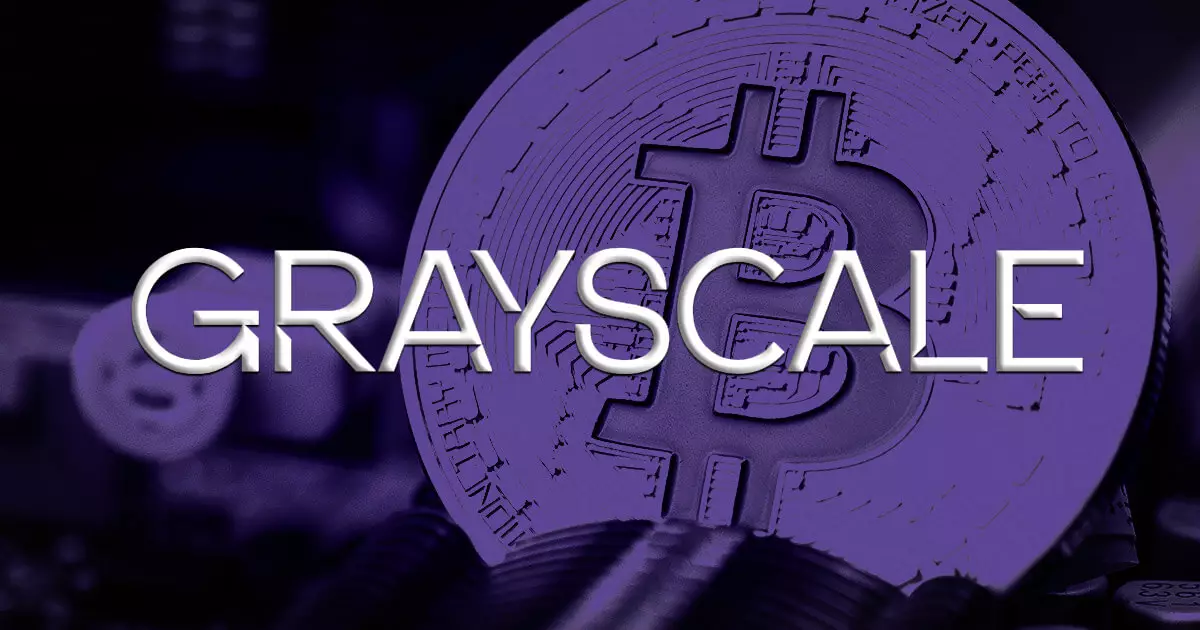In a significant turn of events, the U.S. Securities and Exchange Commission (SEC) has chosen not to challenge a recent court ruling that deemed its rejection of Grayscale Investments’ application to create a spot bitcoin exchange-traded fund (ETF) unjust. In August, the District of Columbia Court of Appeals in Washington declared the SEC’s refusal invalid, paving the way for the review of Grayscale’s application to potentially be expedited. A spot Bitcoin ETF would provide investors with exposure to the leading cryptocurrency by market capitalization, eliminating the need for direct ownership.
The SEC has consistently denied spot Bitcoin ETF applications, including Grayscale’s, citing concerns about inadequate investor protection against market manipulation. The regulatory body has argued that these applicants have not implemented sufficient measures to safeguard investors’ interests. However, Grayscale has countered these assertions by highlighting the SEC’s approval of surveillance agreements to combat fraud in Bitcoin futures-based ETFs. According to Grayscale, these measures should be considered adequate for their spot ETF. This legal battle centered around the inconsistent treatment of spot and futures Bitcoin ETFs, despite their similar risks and reliance on the same underlying spot markets.
The crux of Grayscale’s argument rested on the SEC’s failure to explain the material difference between spot and futures funds while arbitrarily rejecting their application. The appeals court concurred with this assessment, declaring that the SEC did not provide adequate justification for their decision. The court found it unreasonable for the SEC to differentiate between spot and futures ETFs when both types depend on Bitcoin’s price. This ruling has elicited a positive response from the cryptocurrency community, as evidenced by Bitcoin’s price surging past $27,000 following the news.
The SEC’s decision not to appeal the court’s ruling has opened doors for other asset management firms, such as BlackRock, Fidelity, and Invesco, all of which have pending filings for spot Bitcoin ETFs with the regulatory body. This development raises hopes that more investment options will become available for those seeking exposure to Bitcoin, beyond simply owning the asset themselves. The SEC is expected to announce its decisions regarding these applications by next year, at the latest.
The SEC’s stance on Bitcoin ETFs has been a subject of intrigue and frustration within the crypto community for some time. While the SEC’s concerns about investor protection are valid, many argue that the market has matured significantly, and safeguards can be put in place to mitigate risks. The court’s ruling in favor of Grayscale offers a glimmer of hope for the approval of spot Bitcoin ETFs and the potential growth of the crypto market as a whole. The increased accessibility and legitimacy of such investment vehicles could attract a broader range of investors, further legitimizing Bitcoin as a viable asset class.
The SEC’s decision to not contest the court’s ruling on Grayscale’s Bitcoin ETF application has reverberated positively throughout the crypto community. This development paves the way for the potential approval of spot Bitcoin ETFs, offering investors a new way to gain exposure to the world’s largest cryptocurrency. With other asset managers eagerly awaiting the SEC’s decisions on their applications, the future of Bitcoin ETFs remains hopeful.


Leave a Reply